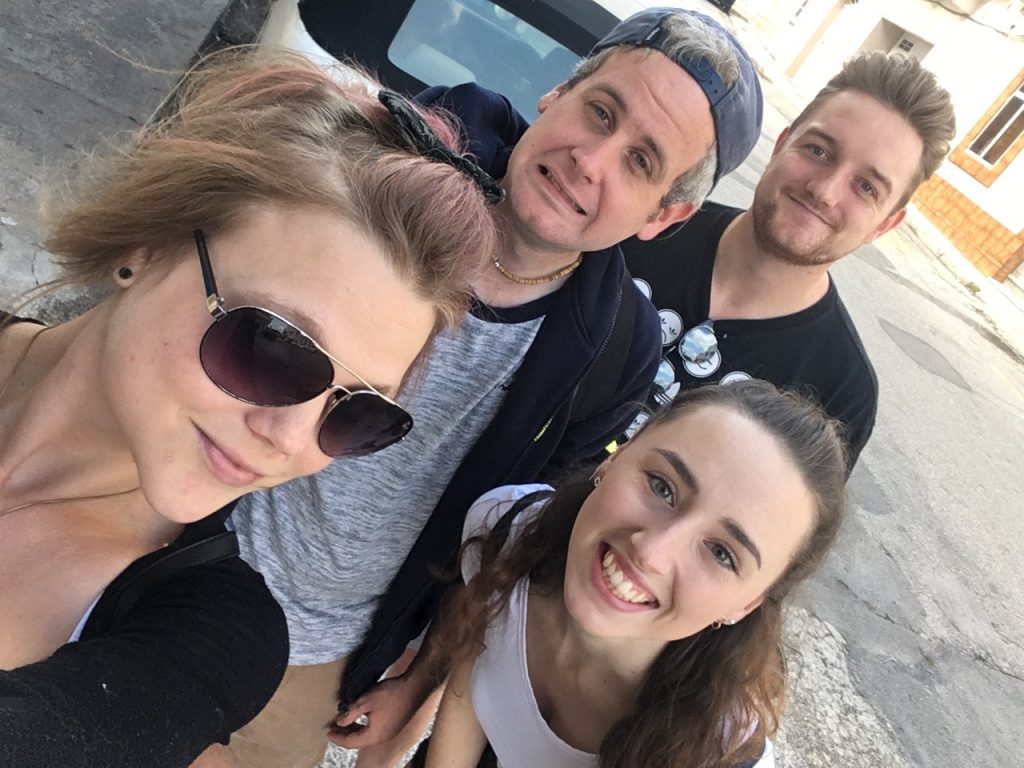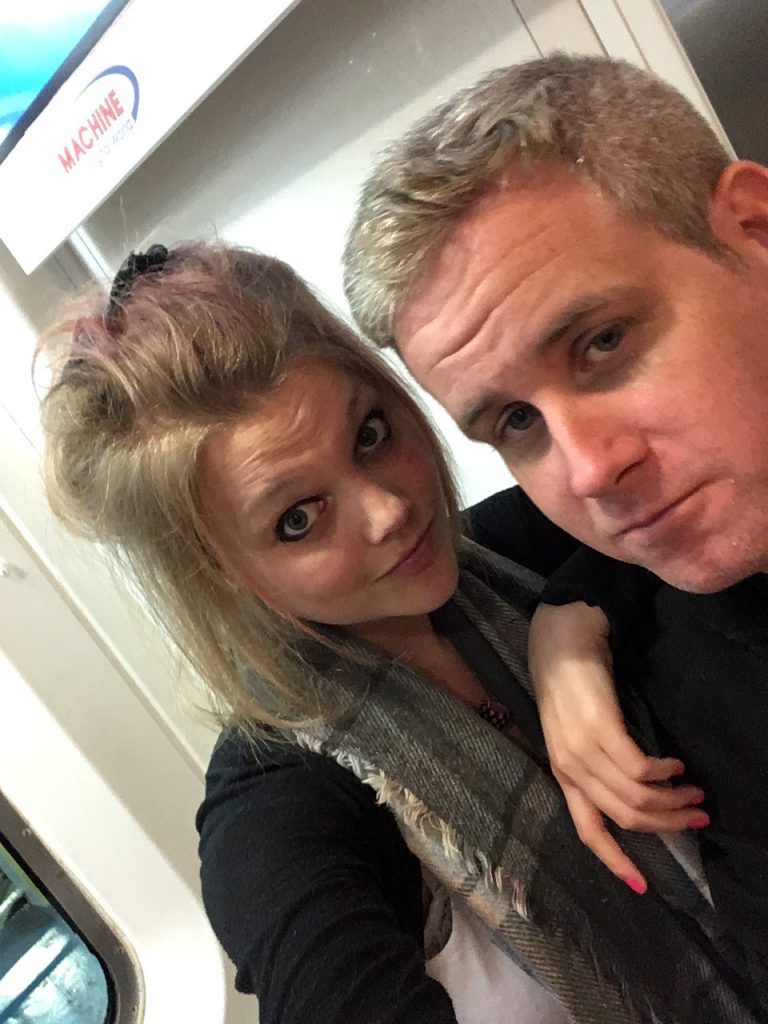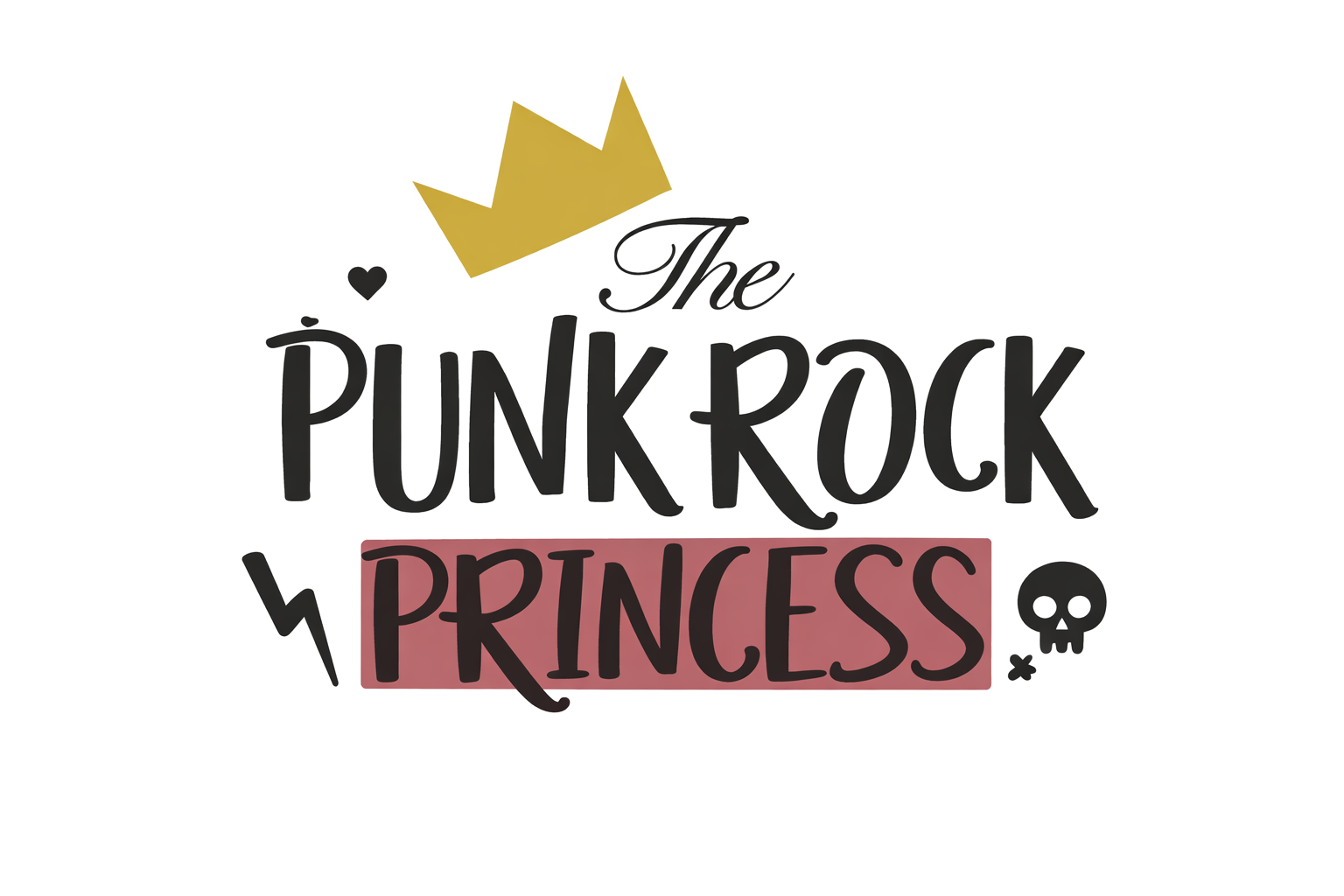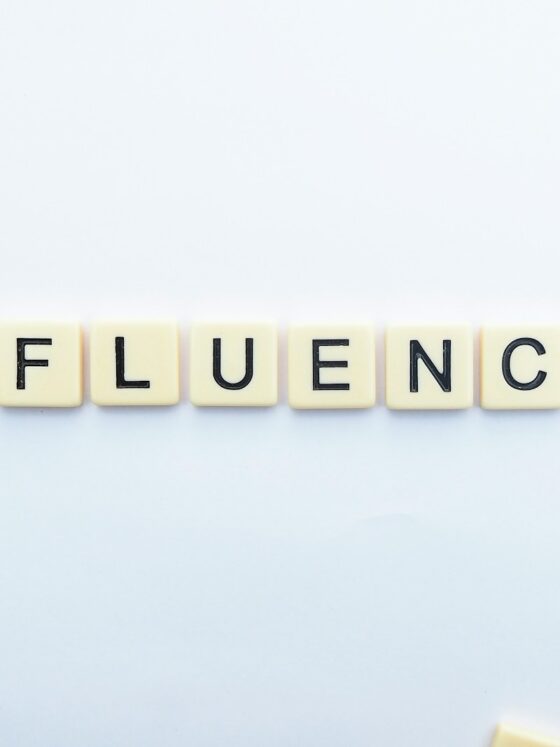Breaking up with a friend can hit just as hard—if not harder—than a romantic breakup. Whether you made the call or your friend walked away, losing someone you thought would always be there is tough. Maybe the friendship was toxic, or maybe it was perfect and healthy. Maybe you drifted apart, or perhaps the ending was sudden and painful.
Either way, it hurts.

Why friendship breakups cut so deep
Friendships don’t get the same attention as romantic relationships, but the grief is just as real. As Oprah Magazine’s Ashley Mateo says:
“Our brain is incapable of distinguishing between romantic and platonic relationships.”
Your heart doesn’t either. You’ve likely shared countless memories, messages, and secrets with this person. When that bond is broken, it feels like a part of your world is missing.
So, how do you pick yourself up after a friend breakup? We’ve got some simple, soul-soothing tips.
1. Accept that you’re hurting
First things first, acknowledge the pain. It’s OK to grieve. Friend breakups are real losses, and pretending they’re not only drags out the healing. Remind yourself that the hurt you feel is valid.

2. Practice self-care
Curling up in bed might feel like the answer, but taking care of yourself is key. Stick to your routines, shower, eat well, and get some fresh air. Little things like reading a good book, taking a long bath, going for a walk, or getting your nails done can make a world of difference.
3. Don’t dwell on the past
Scrolling through old texts or photos only keeps you stuck in the pain. If seeing them makes you spiral, delete or archive them. You’re not erasing the memories; you’re simply giving yourself space to heal.
4. Move your body
Exercise is a proven mood booster. Whether it’s a quick run, yoga, dancing in your living room, or hitting the gym, physical activity helps shake off the emotional heaviness.
5. Talk it out
Find someone you trust to share your feelings with—a parent, sibling, or another friend. It’s comforting to be reminded that you’re not alone and that other people truly care about you.
6. Read about similar experiences
Google “friendship breakup” and you’ll find hundreds of stories and advice columns. Knowing others have gone through this (and survived!) can make your pain feel a little less lonely.

7. Make new connections
If you shared a friend group with your ex-friend, things might feel awkward for a while. Take this chance to step outside your circle. Start a conversation with someone new, join a club, or explore hobbies where you can meet like-minded people.
8. Reflect on why it ended
Some friendships end because of misunderstandings or unhealthy patterns. Ask yourself if there’s anything you can learn from this experience. It’s not about blame—it’s about growth and understanding what you want in future friendships.
9. Watch your mental health
Platonic breakups can trigger feelings of sadness and even depression. If your emotions feel too heavy, seek support from a counsellor or therapist. Talking to a professional can help you process the grief and avoid getting stuck in a negative cycle.
10. Remember that friendships evolve
Not all friendships are meant to last forever, and that’s OK. Think back to the people you were close with in school, chances are, you’ve outgrown many of them. Life changes, and so do our connections.
Each stage of life brings new friends who add something special to your journey. Trust that you’ll meet people who truly appreciate and value you as you continue to grow.

Final thought
A friendship breakup doesn’t mean the love or memories you shared weren’t real. It just means that chapter of your life has closed, and it’s time for a new one.















